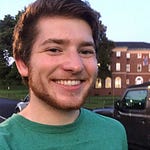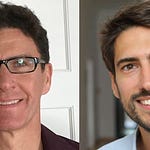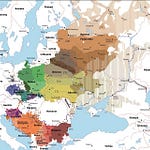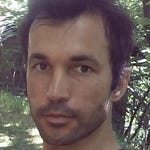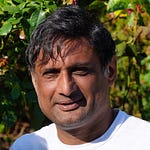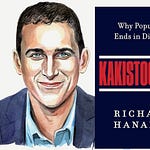For the first time ever, parents going through IVF can use whole genome sequencing to screen their embryos for hundreds of conditions. Harness the power of genetics to keep your family safe, with Orchid. Check them out at orchidhealth.com.
On this episode of Unsupervised Learning Razib talks to human geneticist Cesar Fortes-Lima about his new paper, The genetic legacy of the expansion of Bantu-speaking peoples in Africa. Fortes-Lima has a Ph.D. in Biological Anthropology and his primary research areas include African genetic diversity, African diaspora, transatlantic slave trade, demographic inference, admixture dynamics and mass migrations. Most recently a postdoctoral fellow in the Department of Human Evolution at Uppsala University, he has recently taken a position in Ambroise Wonkam Laboratory at Johns Hopkins University.
Razib and Fortes-Lima discuss the primary conclusions of his blockbuster paper, which was published in Nature. When did the Bantu people begin their migrations? What were their origins? And what routes did they follow as they expanded to cover a third of the African continent? They also discuss the earlier peoples of East Africa and the relationship of the Bantu to Cushitic pastoralists and Khoisan foragers. Fortes-Lima addresses how the inclusion of 1,763 participants, including 1,526 Bantu speakers from 147 populations across 14 African countries, and whole-genome sequences from 12 Late Iron Age individuals, allowed them to use spatially explicit methods correlating genetic, linguistic and geographical variables. They found support for a serial-founder migration model, and determined population sizes, as well as testing alternative models of migration and admixture. Unlike many historical population genetic analyses, The genetic legacy of the expansion of Bantu-speaking peoples in Africa explicitly tests competing hypotheses. Finally, Fortes-Lima also discusses the broader necessity for greater diversity in genetic datasets, and how this study advances that project by adding thousands more geographically disparate samples.






